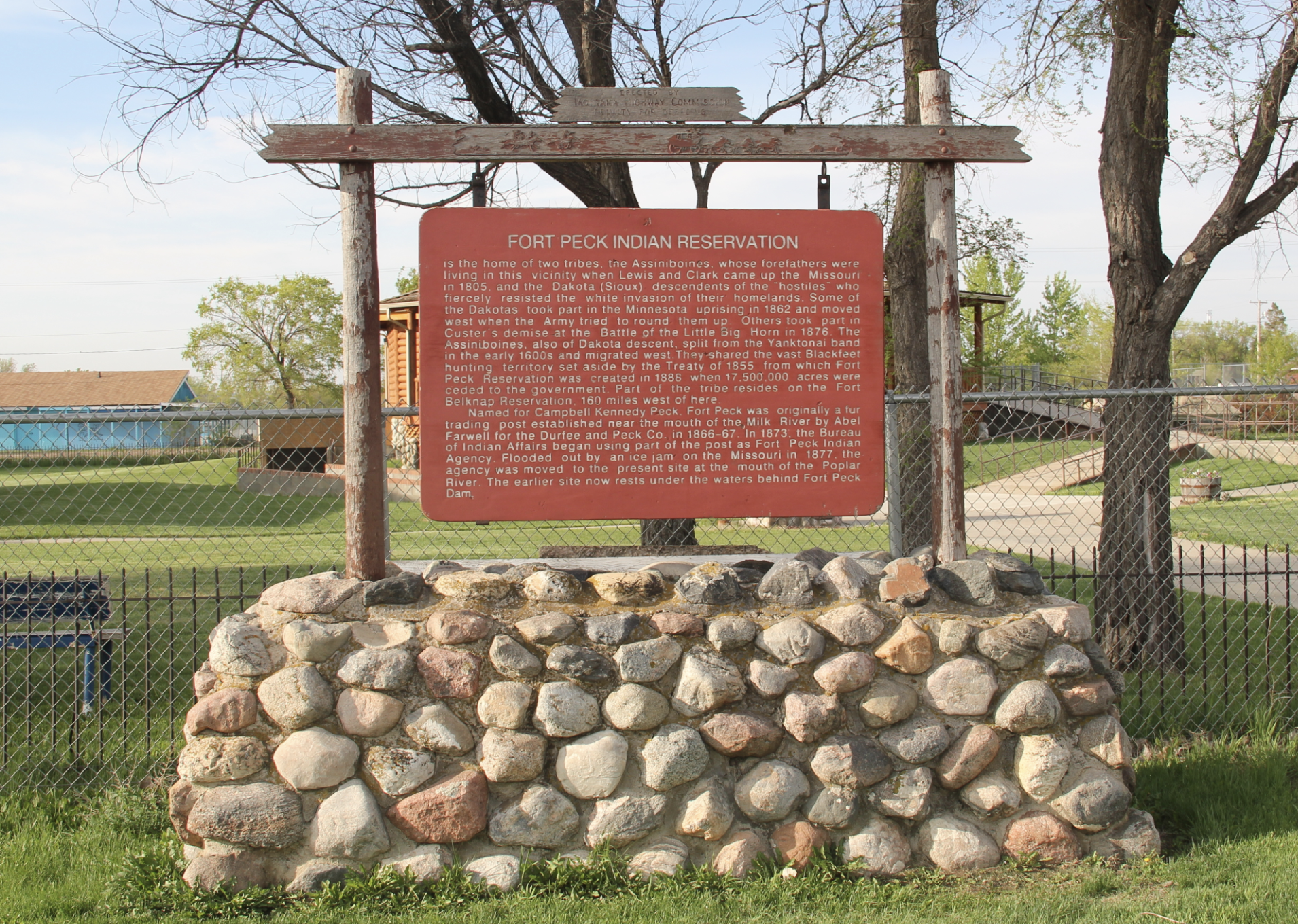
- Details
- By Levi Rickert
Native Vote 2024. Plaintiffs that filed a lawsuit last Monday seeking to gain equal access to the ballot box will be in court in Glasgow, Montana today.
Six tribal citizens of the Fort Peck Reservation in Montana filed a 26-page lawsuit on Monday, Sept. 30, 2024 against state and county officials claiming that they don't have enough places to vote in person.
Currently, many Fort Peck Reservation tribal citizens have to drive 60-mile round trips to vote. WIth high levels of poverty on the reservation, the 60-mile round trip to vote on election is problematic. They may not have gas money, if they even have a vehicle.
The lawsuit states the six tribal citizens want satellite voting offices in their communities for late registration and to vote before Election Day without having to make the long drives to a county courthouse.
The six plaintiffs in the lawsuit live in two towns in remote areas of the Fort Peck reservation not far from the Canadian border.
The Plaintiffs want the election officials to establish a satellite office at Frazer, Montana and Poplar, Montana that is open the same hours for late registration and in person absentee ballot voting as the Valley and Roosevelt County Courthouses on October 8 through November 4, 2024.
The lawsuit contends Montana has a long history of preventing Native Americans from voting.
Advocating for and serving as fact witnesses for the plaintiffs will be Bret Healy, consultant for Four Directions - Native Vote, a Native American voting advocacy group, and Native American advocate Tom Rodgers (Blackfeet) – One Who Rides His Horse East.
“They took our land, they took our children, they took our language, they took our hair, they tried to take our faith — now they come armed with children’s excuses to steal our vote,” One Who Rides His Horse East said to Native News Online.
“We now have a war on Native people in Montana. From an ignorant of history legislature, to the efforts by a Secretary of State to suppress our vote, to county commissioners and clerk and recorders who like children continue to issue excuses that when stripped down to their essence are based upon the fear of the other — the first people of Montana,’ he continued.
The plaintiffs hope to have the issue of lack of voting access settled by the court in front of the November election.
Montana is home to one of the most contested Senate races this year. Sen. Jon Tester (D-MT), who is seeking a fourth term in the U.S. Senate. His Republican opponent is Tim Sheehy, who has been caught on tape saying disparaging and racist comments about citizens of the Crow Nation.
More Stories Like This
Native News Weekly (August 25, 2024): D.C. BriefsScope Narrowed, Report Withheld: Questions Mount Over Michigan Boarding School Study
Zuni Youth Enrichment Project Announces Family Engagement Night and Spring Break Youth Programming
Next on Native Bidaské: Leonard Peltier Reflects on His First Year After Prison
Deb Haaland Rolls Out Affordability Agenda in Albuquerque
Help us defend tribal sovereignty.
At Native News Online, our mission is rooted in telling the stories that strengthen sovereignty and uplift Indigenous voices — not just at year’s end, but every single day.
Because of your generosity last year, we were able to keep our reporters on the ground in tribal communities, at national gatherings and in the halls of Congress — covering the issues that matter most to Indian Country: sovereignty, culture, education, health and economic opportunity.
That support sustained us through a tough year in 2025. Now, as we look to the year ahead, we need your help right now to ensure warrior journalism remains strong — reporting that defends tribal sovereignty, amplifies Native truth, and holds power accountable.
 The stakes couldn't be higher. Your support keeps Native voices heard, Native stories told and Native sovereignty defended.
The stakes couldn't be higher. Your support keeps Native voices heard, Native stories told and Native sovereignty defended.
Stand with Warrior Journalism today.
Levi Rickert (Potawatomi), Editor & Publisher


